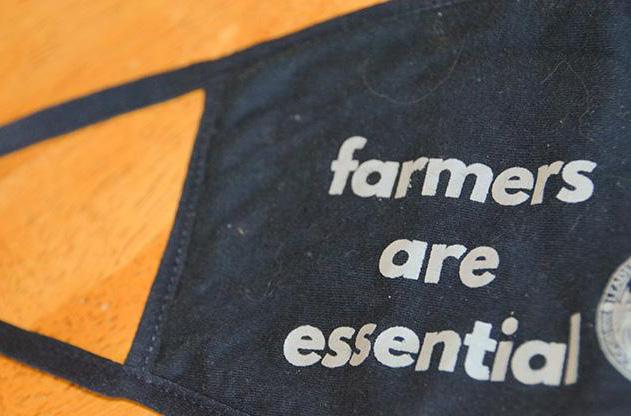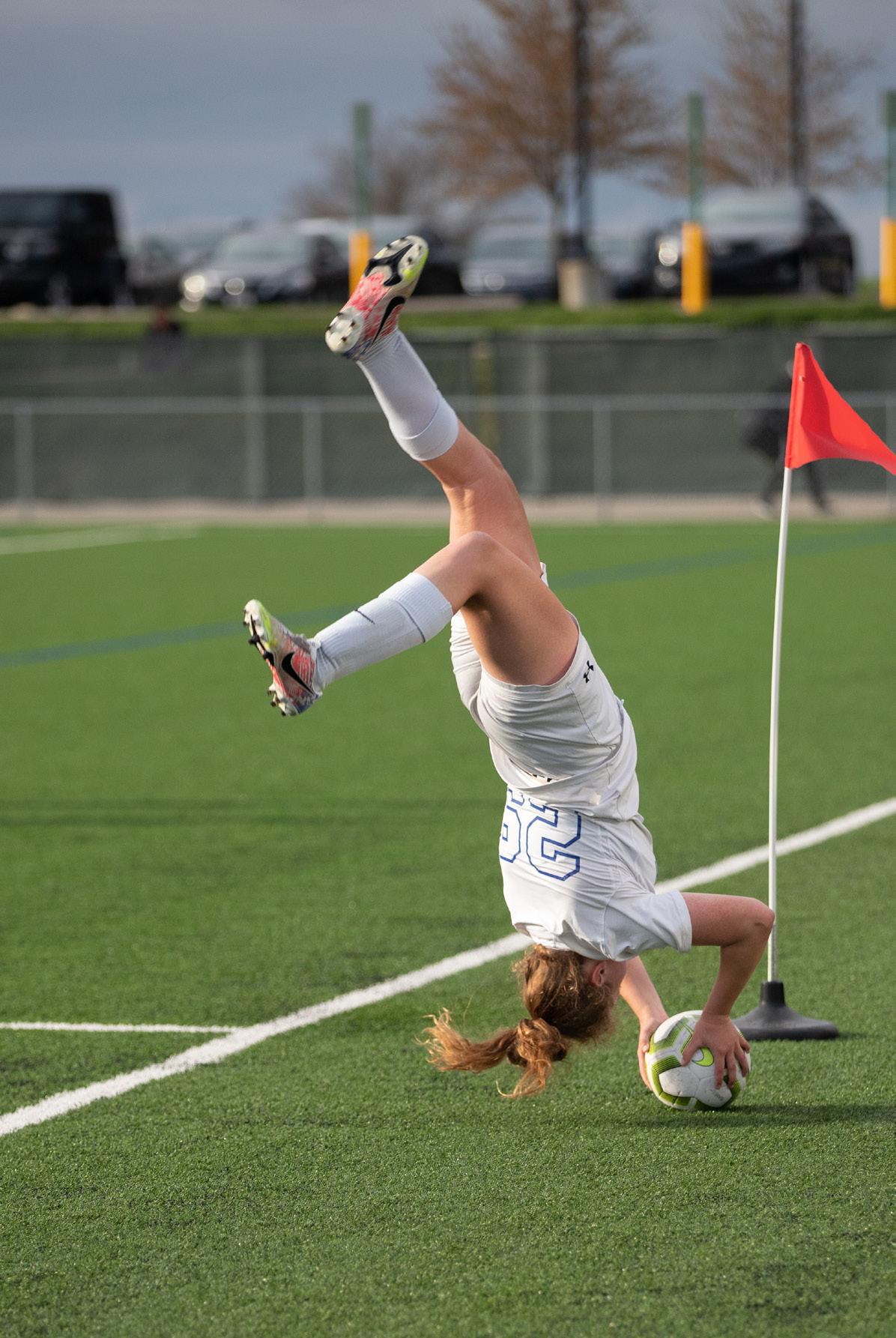
4 minute read
e-Hallpass is both useful and excessive
from The Eyrie: May 2021
by The Eyrie
FEATURE MAY 6-7 2021 Wahaus encourages students’ First Amend
photo courtesy of Creative Commons Mary Beth Tinekr (left) poses with the armband that she used to protest the United States’ involvement in the Vietnam War. Her case has been brought again to light with the advent of masks as a way to compat COVID-19, as well as people’s messages they display on them.
Advertisement
Students do not shed their constitutional rights to freedom of speech or expression at the schoolhouse gate.
- Chief Justice Abe Fortas, 1984
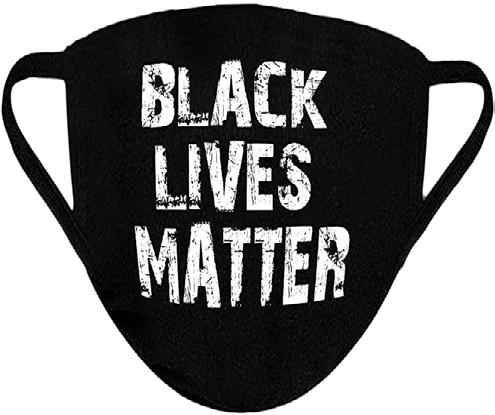
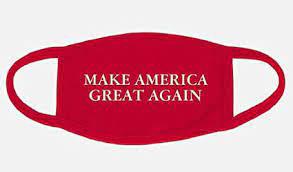

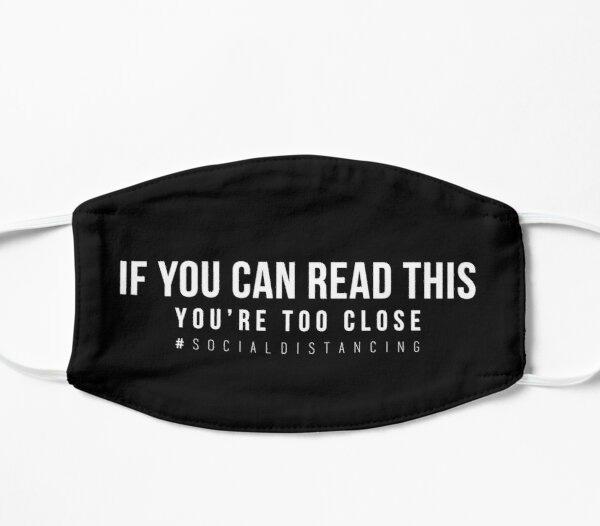
ment right to have political mask messag-
By: Jalil Smith In 2020, COVID-19 struck the United States and has infected and killed a lot of people. To combat this, the Centers for Disease Control and Prevention (CDC) instructed the public to wear face coverings, as the science has proven them to be effective in preventing the spread of SARS-CoV-2, the virus that causes COVID-19. There have been many styles of facial coverings used during this amount of time, notably gaiters and face shields, but the most well-known covering is masks. While the traditional blue medical masks are popular, ones with specialty designs and even designer brand are even more so, especially at Olathe South.
A vast majority of the students around the school can be seen wearing masks with designs that include superheroes, brands, sports teams, or their school. The school’s sports teams, such as the football, soccer and baseball teams, have even gone so far as to hand out their own masks (usually gaiters) with their team’s designs on them for their players to wear during competition or just around in place of a normal mask. Women’s studies and AP Government teacher, Kim Wahaus, throughout the school year has been advocating for students to express whatever they feel like on their masks, just as if they were a shirt, a pair of shorts, or a hat, which she believes is constitutionally upheld by the Supreme Court.

“I think that as the Chief of Justice said in the ‘Tinker v. Des Moines’ case, students don’t shed their freedom of speech just because they enter a schoolhouse,” Wahaus said.
“Tinker v. Des Moines” or “Tinker v. Des Moines Independent Community School District” was a landmark case brought before the Supreme Court in 1965 where a group consisting of Mary Beth Tinker, a 13-year-old from Iowa, and three students (along with their fathers) sued the Des Moines Independent Community School District because they suspended her and four other students for wearing plain black armbands in protest of the United States’ involvment in the Vietnam War, which was a widespread movement throughout the country in the mid-1960s. The court battle lasted four years until it eventually reached the Supreme Court. In the end, after a long and drawn out case with much deliberation and discussion among both the judges and the Amercian people, the court ruled that the First Amendment applied to public schools and that school officials couldn’t censor students unless it disrupted the educational process. This ruling included political statements as part of anyone’s attire and is still upheld to this day. Staying consistent with the landmark verdict, Wahaus believes that students should still be able to wear their opinions on their masks almost as another forum for people to put their beliefs, as they do on social media and online. When asked, “Why do you believe that students should wear whatever they want on their masks?” Wahaus responded with, “under Tinker v. Des Moines, students were able to protest the Vietnam War. Why shouldn’t students be able to wear whatever they want on their masks to show what they think about today?” Wahaus believes that the only limit on masks should be legality which, again, is just as it is in the official Olathe School District dress code handed out to students before each school year. “You shouldn’t be able to wear anything that supports illegal substances like drugs, alcohol, etc” Wahaus said. Wahaus, as one would imagine with the freedoms she has instilled upon her students, has seen some interesting masks in her classroom during the year, including those with some diverse and potentially divisive opinions. When asked, “What has been the most interesting mask that you have seen?” her response was “probably, [seeing] a “Make America Great Again” mask sitting next to a “Black Lives Matter Mask,” Wahaus said. “Make America Great Again,” of course, was the 2016 campaign slogan of former president Donald Trump, who was rather imfamously against the Black Lives Matter movement and called it a movement of hate. Masks are a way to showcase one’s personality and it has thus far been a small highlight and perhaps a small shining light in the dark of the pandemic, but for Wahaus, the issue goes far beyond the pandemic. “I feel strongly about student first amendment freedoms,” Wahaus said.
